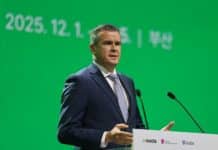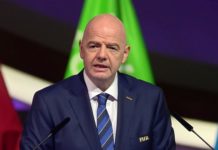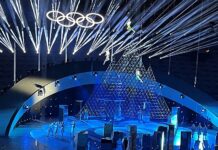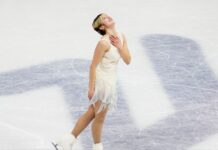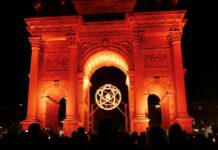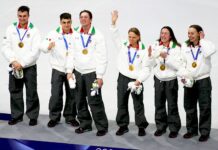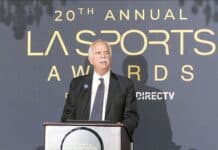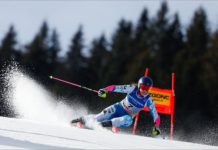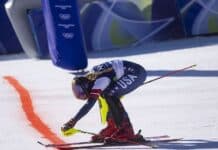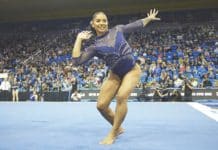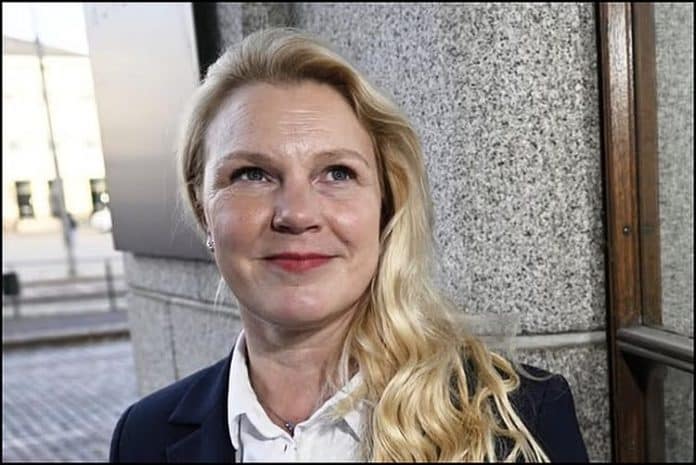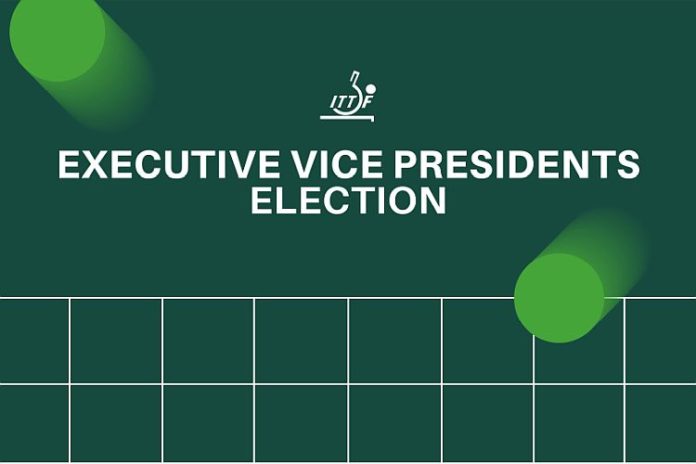/This is a guest post from Karoliina Nissinen (FIN), a Presidential candidate of the European Shooting Confederation, who has been the head of the International Shooting Sport Federation (ISSF) Academy since early 2024. She previously served in the Finnish Ministries of Interior and Justice. Her opinions are, of course, hers alone./
Last week, I narrowly lost the European Shooting Confederation (ESC) presidential election to the Russian candidate, Alexander Borisovich Ratner, by 56 votes to 37.
What should have been a routine democratic process instead became a troubling example of how money and influence can damage the foundations of sport when transparency and accountability are absent.
What we witnessed before and during the General Assembly in Yerevan, Armenia, raises serious ethical — and potentially legal — concerns. In my view, several actions appeared to breach the International Olympic Committee Code of Ethics, the ISSF Integrity Code, and the ESC’s own Statutes.
This was not only an attack on my candidacy, but an attack on the independence and credibility of European sport — a test of whether money and political influence can override democracy, legality, and fairness.
The events in Yerevan went far beyond any moral boundary and, in my opinion, reached the limits of legality. I am therefore calling on the International Shooting Sport Federation (ISSF) and the International Olympic Committee (IOC) to do their duty: to uphold their own ethical codes, to investigate, and to protect athletes, officials, and federations from actions that are unacceptable and against the rules.
The role and responsibility of institutions such as the IOC and ISSF is to act as supervisory authorities — ensuring compliance with statutes, ethical codes, and integrity principles. They must not allow sport federations to become platforms for individuals or governments currently suspended from international sport to carry out acts that contradict the Olympic Charter and the fundamental principles of integrity.
Alexander Borisovich Ratner has long-standing connections within the Russian sports system. It is widely known in the sports community that he has served for more than three decades in Russian sports organizations and in the Russian Olympic Committee. That is why the ESC Secretariat remains based in the offices of the Russian Shooting Union in Moscow — and not in Lausanne, where the ESC is officially registered.
That explains why, throughout the presidential campaign, all official ESC communication channels — including the website, newsletters, and social media — were reportedly used exclusively to promote Mr. Ratner’s candidacy. Information about my campaign was completely blocked. My name was not even mentioned in official election announcements.
Even more seriously, several member federations that had openly expressed support for my candidacy reported difficulties accessing the online voting system, while others aligned with the Russian side appeared to face no such barriers. And there is more that suggests a coordinated effort to secure Mr. Ratner’s election.
The most shocking moment came just before the vote. According to several delegates who are ready to testify, the incumbent president, Mr. Ratner, publicly promised €200,000 to every member federation — a total of more than €23 million. When asked where the funds would come from, he reportedly pointed to Vladimir Lisin, the Russian businessman seated prominently in the front row, despite having no official role or delegate status. “He has it,” Mr. Ratner allegedly said.
Mr. Lisin, who was president of the Russian Shooting Union and has served as vice president of the Russian Olympic Committee — currently suspended by the IOC — is the owner of the steel giant NLMK, a company that has supplied materials to Russia’s industrial and defense sectors. According to multiple witnesses, his presence and perceived involvement during the election raised serious questions about propriety and influence.
I personally approached Mr. Lisin to ask whether the money being discussed was intended as sponsorship for the ESC — to be distributed fairly among all member federations. His response, as I recall it, was clear: “No. This is money I will give to whoever I want, to whoever I like, and to whoever supports my candidate.”
It was deeply disturbing to witness such behaviour in a European sports assembly — not only for me, but for many delegates present.
As someone who has worked in shooting sport long enough, has served in government roles in Finland for over 20 years, and currently leads the ISSF Academy, I can say with confidence that the ESC’s governance and financial management lack transparency and accountability.
Nobody knows where the millions of euros that Mr. Ratner claims come from his Russian benefactor actually go. No one has seen these funds, and no formal sponsorship agreement has ever been shared with member federations to confirm the existence or purpose of this income.
Although I was expecting to win — since a clear majority of the membership had encouraged me to run — the final result appears to have been shaped by propaganda, financial pressure, and fear spread among delegates. That was enough to shift votes in favour of the Russian candidate.
What happened last week is not only about one election. It is about whether European sport will remain independent and ethical — or whether it will be bought and controlled by state-linked interests currently suspended from international competition because of the war in Ukraine.
This appears to be part of a wider effort by Russian interests to regain influence over international sports federations — and to return to the Olympic Games through financial leverage rather than legitimate reform and participation.
That is why I am calling — publicly and urgently — on the IOC and the ISSF to investigate this matter fully and transparently. They have both the responsibility and the authority to ensure that constitutions and suspension decisions are respected, that integrity is upheld, and that our sport is protected from external influence.
I, along with other delegates, am ready to provide evidence and testimony to ensure that these allegations are properly examined.
This is not about me or one election.
It is about protecting the independence of sport — before it is too late.
¶
Readers should note that Vladimir Lisin served as the ISSF President from 2018 to 2022. Comments may be submitted here.
[≡The Sports Examiner encourages expressions of opinion – we really do – but preferably based on facts. Send comments to [email protected]. We do not guarantee publication of any comment, but all comments submitted will be considered and your submission implies your agreement to publication (and light editing if needed to meet our grammatical and punctuation standards) at our sole discretion. Please include your name and hometown on any comment submitted for publication.≡]
¶
You can receive our exclusive TSX Report by e-mail by clicking here. You can also refer a friend by clicking here, and can donate here to keep this site going.
For our updated, 850-event International Sports Calendar for 2025, 2026 and beyond, by date and by sport, click here!








